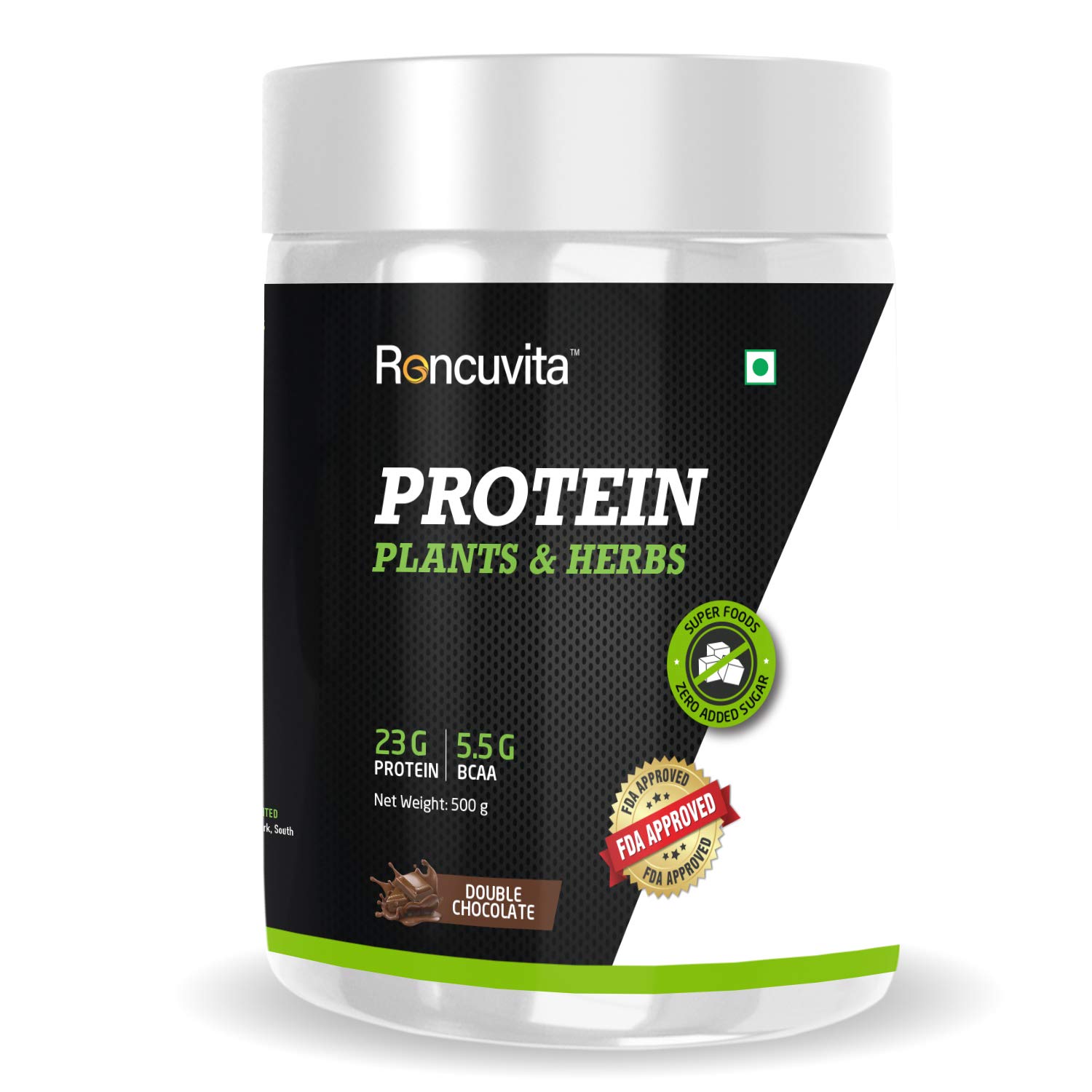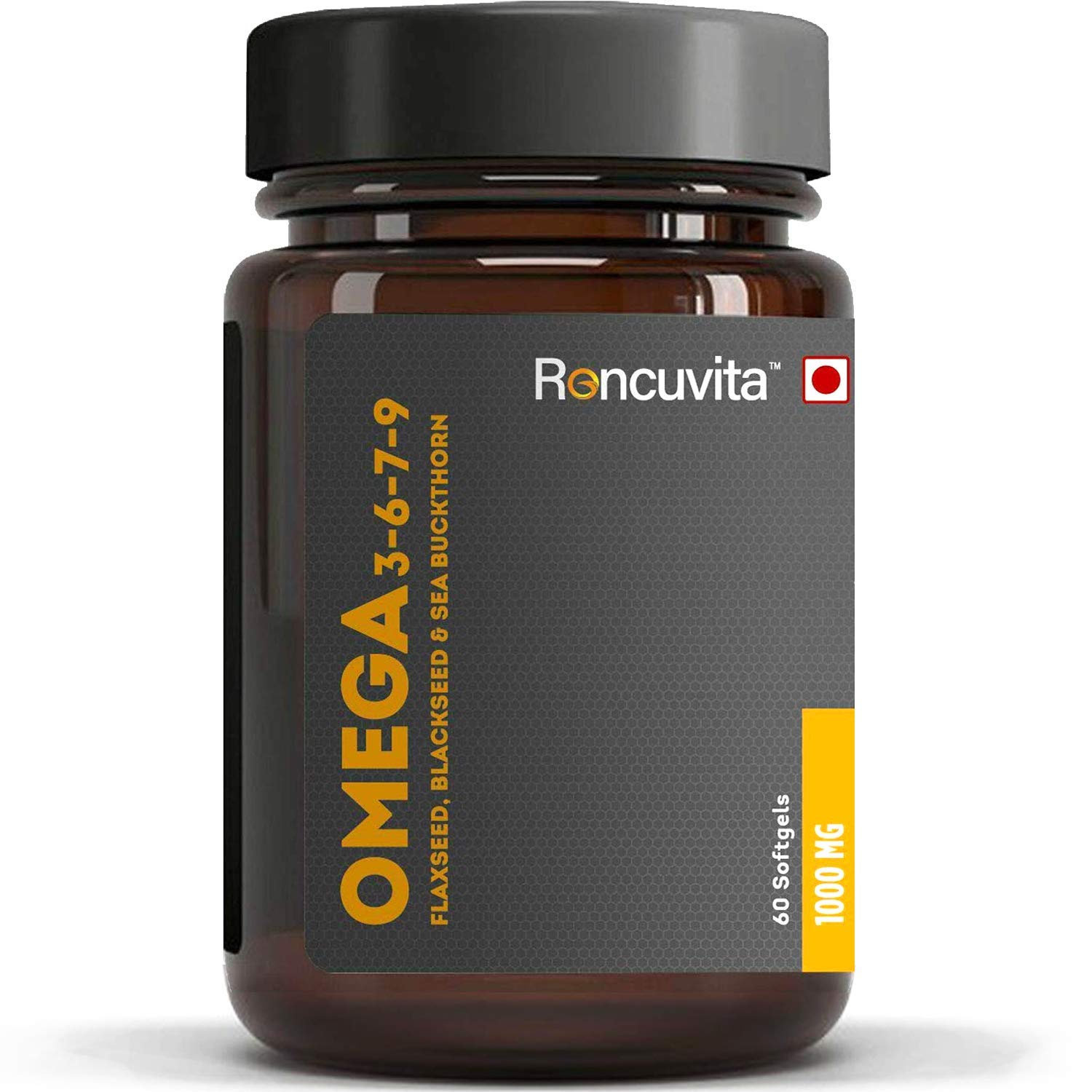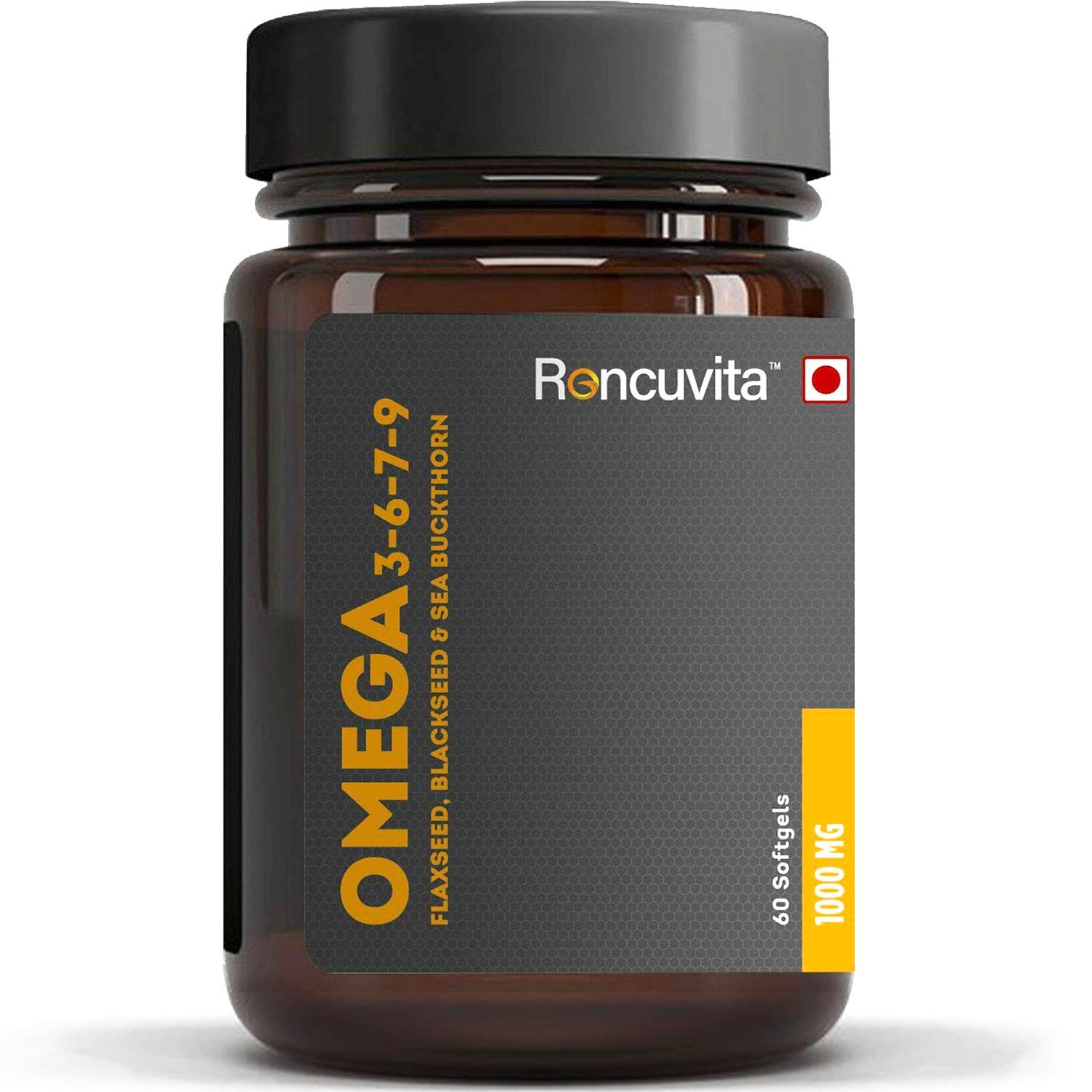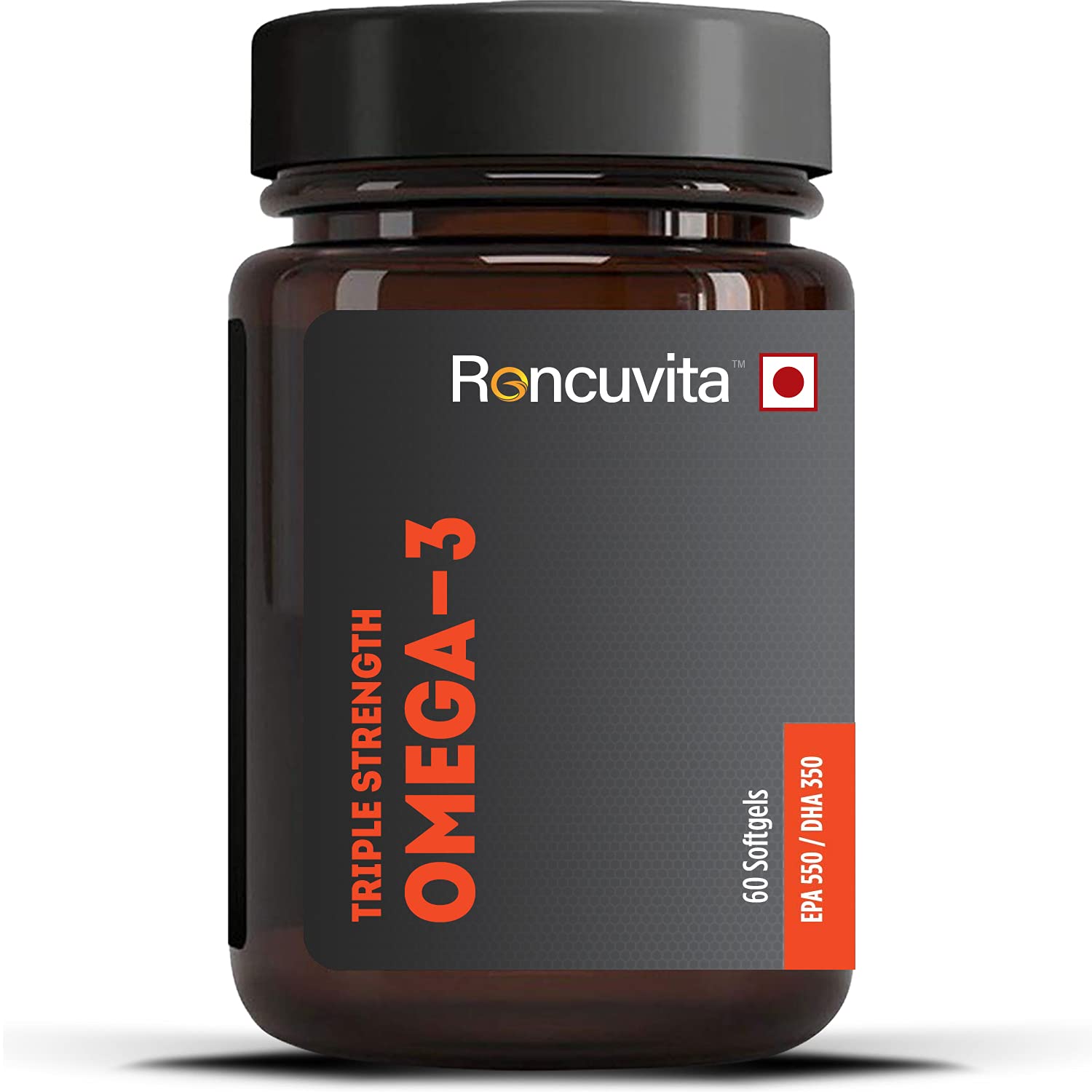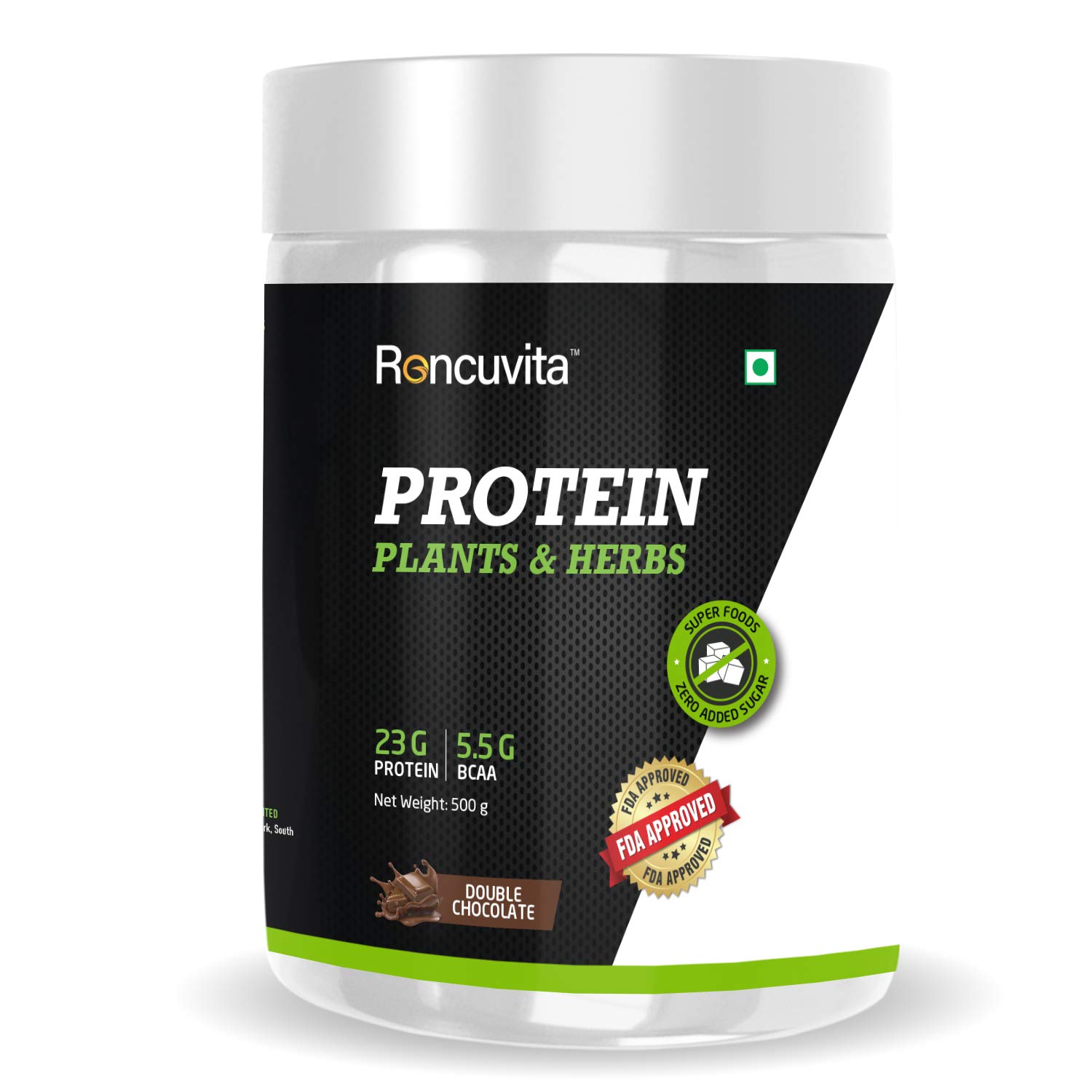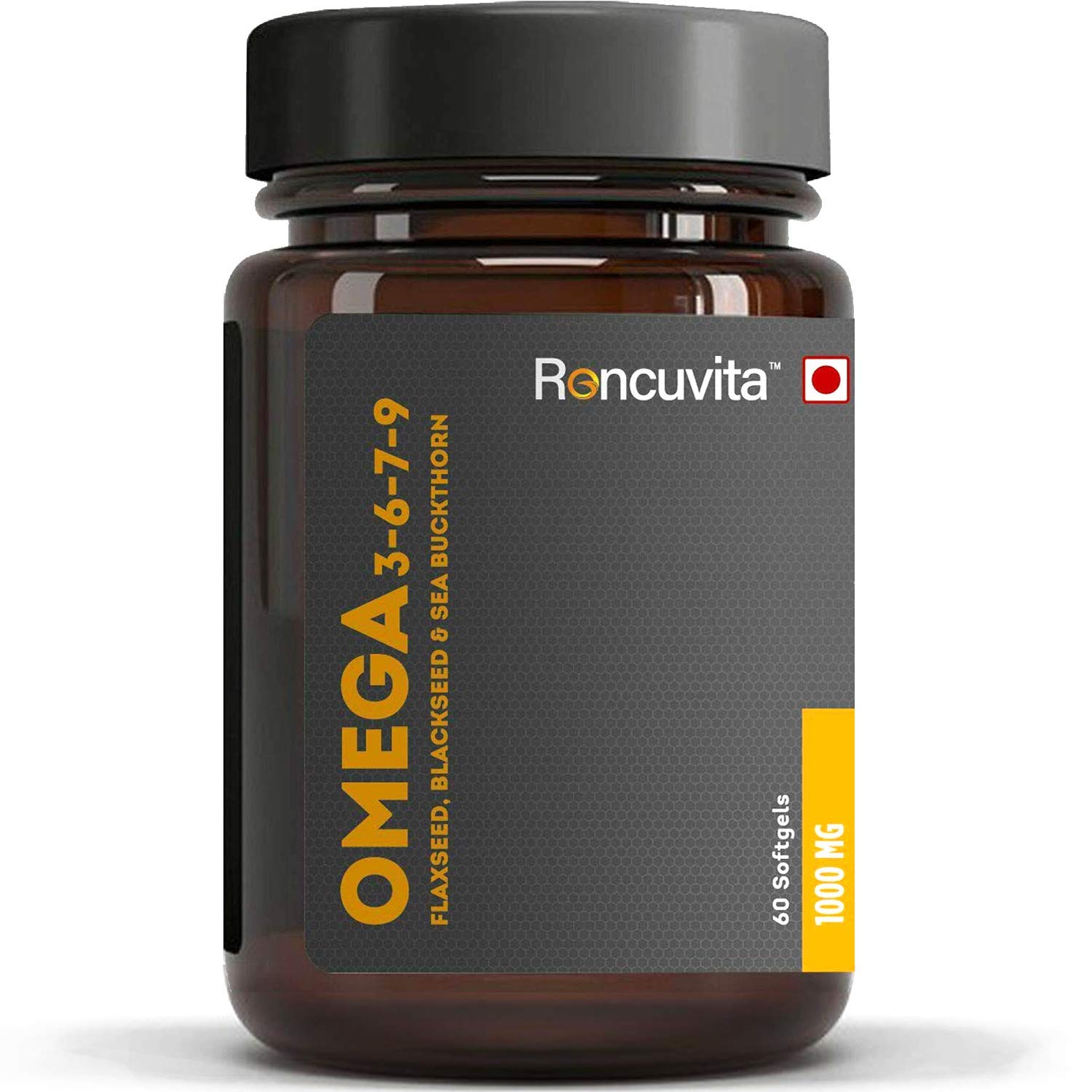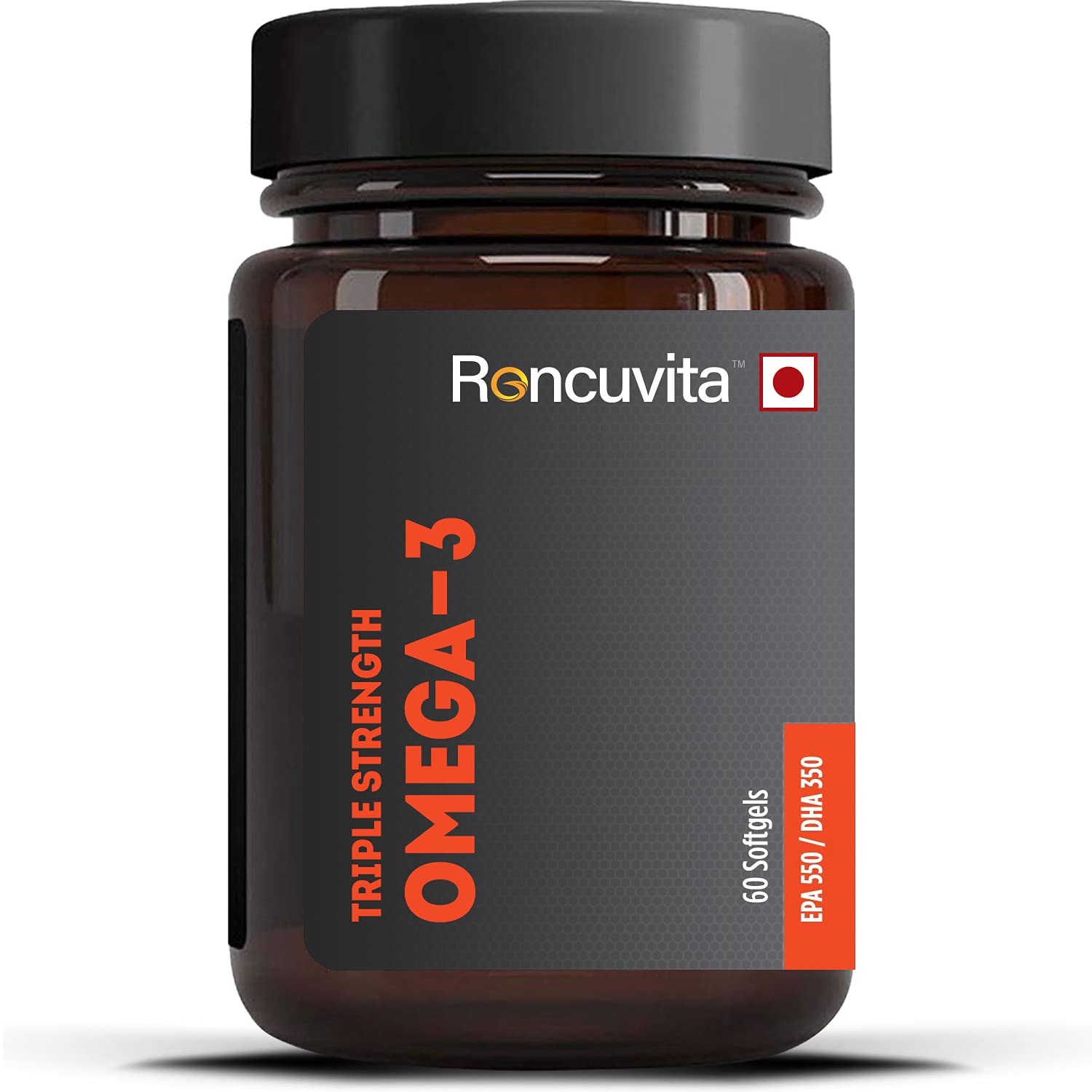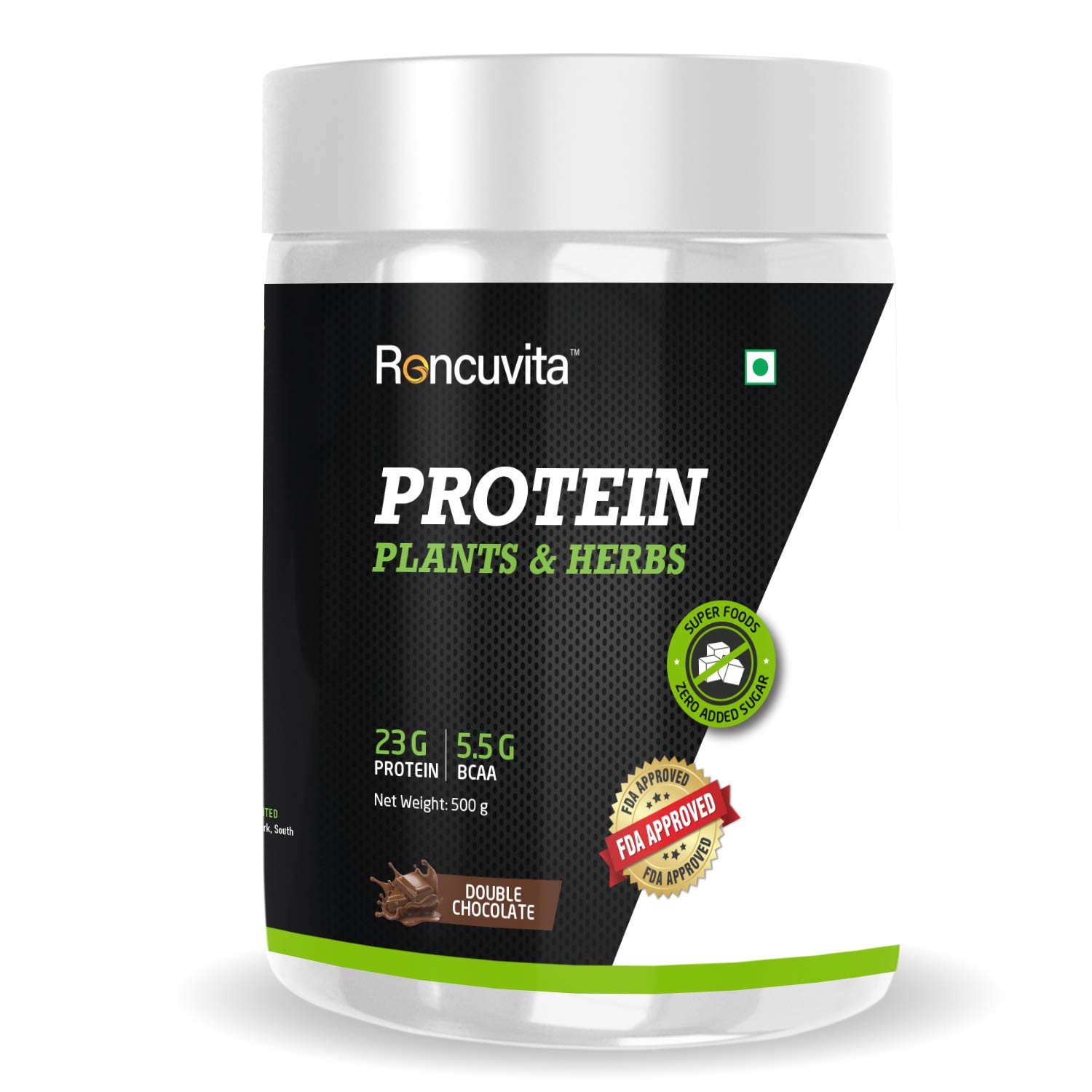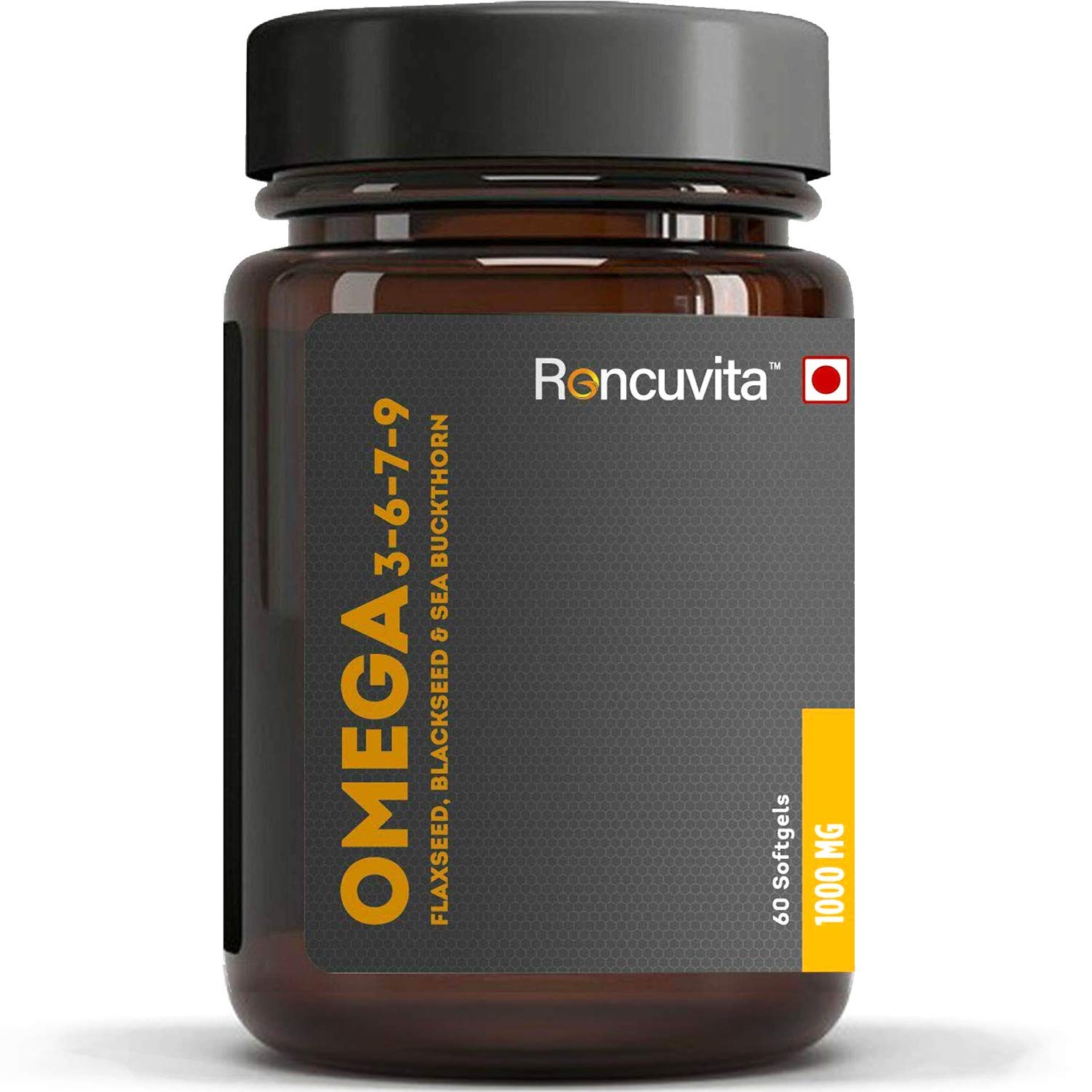Protein is a topic of great interest for many people, and a common area of confusion is the difference between whey protein and plant protein. In this article, we’ll take a look at how to consume your intake of proteins in a more efficient manner. The Difference between Whey Protein and Plant Protein.
There are two types of protein commonly consumed in the human diet: animal based proteins and plant based proteins. Animal based proteins are derived from animals, primarily meats and milk products. Plant based proteins are sourced from plants, primarily fruits and vegetables. Whey protein is a by-product of the cheese industry. When milk is heated to around 80 degrees Celsius (176 F) in order to separate the water from the curds, whey proteins are left behind. Whey proteins are a good source of protein because they contain all of the essential amino acids. Whey protein is also a rich source of B vitamins, minerals and fatty acids.
Protein Powder
Protein powder is a well-known means of increasing the daily intake of protein. The body needs approximately 10 grams of protein per day to maintain muscle mass. In order to consume enough protein, one must find a way to incorporate high-protein foods into their diet.
Whey Protein
Whey protein powder is a popular protein supplement, but it can be tough to consume enough. Here are some easy ways to get the protein your body needs without relying on supplements or shakes.
The best protein powder is full of the protein your body needs for recovery and growth, all without the extra carbs or fat commonly found in other protein powders. This one is the best of the best. I received these 3 boxes for free for my honest review and it is my first impression. I personally have never tried this brand before, but I’m excited to try them out!
What Are the Benefits of Whey Protein?
Protein powder can be consumed in many ways, not just by drinking it. For example, you could add it to your oatmeal and eat it as a dessert. Protein powder is a huge part of athletes’ diets because it helps build muscles while also making sure that the body has the nutrients that it needs to continue functioning.
What Should I Consider Before Consuming a Protein Powder?
No matter what kind of protein powder you are considering, there are a few things to consider before you buy. First, consider the ingredients. Some only have whey proteins while others have all-natural sources that can build muscles, maintain wellness, and help with weight loss. Next, think about the price. The cheaper the price point of the product, the more likely you are to have to switch out your supplements every so often because of the cost for high-quality ingredients.
The Unhealthy Side of Whey Protein
Whey protein is an effective way to increase your protein intake, but some people may not see the benefits of it. There are some whey protein side effects that you should know about before starting on this supplement. One of the first things you might notice is weight gain. This weight gain is usually caused by water retention and can make you look bloated and tired even if your diet is otherwise healthy.
Conclusion There are a variety of protein powder supplements in the market. Some of them have a lot in common with the product, while others have something different that makes it stand out from the rest.

